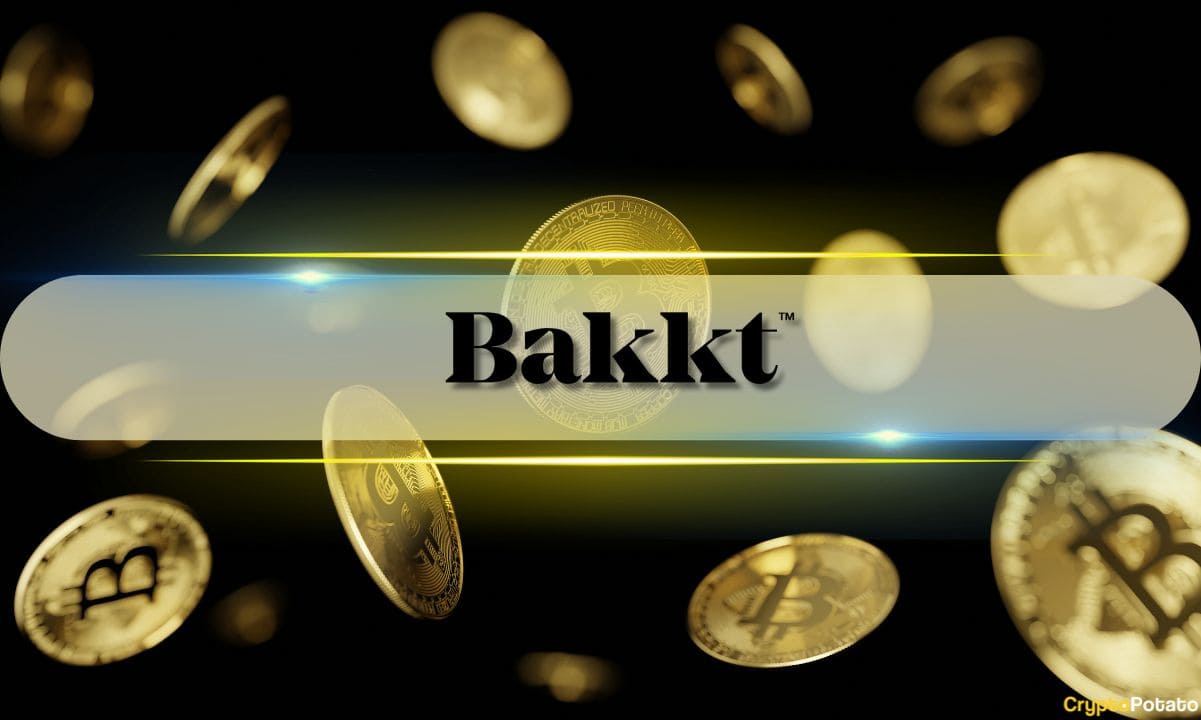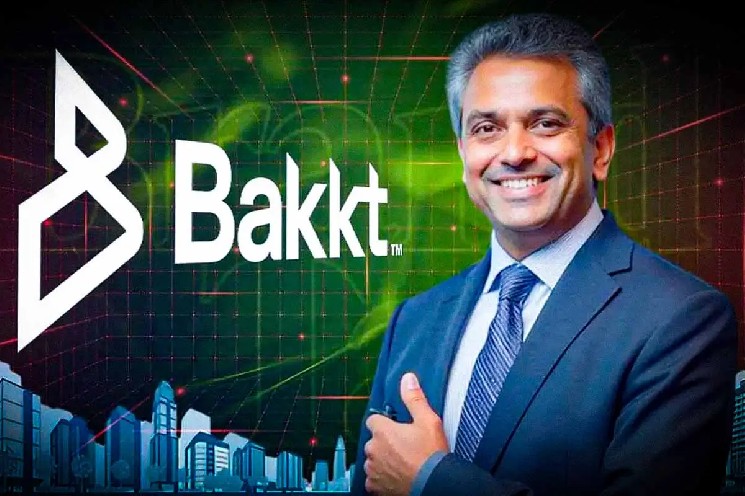Asia Crypto News: Asia's Banks Look to Stablecoins (USDC, USDT) to Prevent Deposit Flight
Updated Jun 27, 2025, 4:18 a.m. Published Jun 27, 2025, 12:49 a.m.
Welcome to Asia Morning Briefing, a daily summary of top stories during U.S. hours and an overview of market moves and analysis. For a detailed overview of U.S. markets, see CoinDesk's Crypto Daybook Americas.
While stablecoins (USDT, USDC) dominated U.S. headlines last month amid the GENIUS Act and Circle's (CRCL) blockbuster IPO, Asia's quieter yet strategic adoption is reshaping the region’s cross-border finance.

Asian banks increasingly see stablecoins like USDT and USDC as defensive tools against deposit flight and lost transaction revenue. Behind the scenes, stablecoins are already playing an important role in the region's financial plumbing.
Fireblocks' Head of Asia, Amy Zhang, said in a recent interview with CoinDesk that major banks across Korea, Japan, and Hong Kong are proactively exploring local-currency stablecoins to mitigate these threats.
“If I’m not one of the banks banking Circle or banking Tether, am I going to lose deposits?” Zhang told CoinDesk. “That’s a huge risk for banks.”
In Korea, eight major banks, including KB Kookmin and Shinhan, are forming a consortium to launch a Korean won stablecoin by 2026, a direct response to surging local use of USDT and USDC for cross-border transactions.
Japan’s banking giants MUFG, SMBC, and Mizuho are piloting yen-pegged stablecoins to streamline trade finance and reduce dependence on traditional cross-border rails. Hong Kong’s Bank of East Asia also recently piloted its own USD and HKD stablecoin settlement network.
Payment service providers (PSPs) are aggressively fueling the adoption of stablecoins, shifting away from costly traditional banking channels.
"A year ago, PSPs were asking if they should do stablecoins," Zhang said. "Now they say, 'I'm moving a millions of client flows; I need a better wallet.'"
Fireblocks, which processed over $3 trillion in digital assets last year, reports that stablecoins now account for about half its transaction volume.
Zhang cited growing usage among Asian e-commerce giants.
Recent media reports say that China's JD.com plans to cut supplier-payment costs dramatically using stablecoins, which is an example of what Zhang mentioned.
PSPs such as Hong Kong's Tazapay use Circle’s USDC to efficiently route cross-border payments into USD and HKD disbursements to help with instant payouts for content creators and gamers in Asia's emerging markets.
A dashboard from Visa Analytics shows that weekends have 30% higher stablecoin volumes, underscoring their role in retail and gig use.
Tether’s USDT dominates stablecoin flows in emerging Asian markets, driven by its liquidity and ease-of-access Zhang said, and by contrast, USDC gains traction in highly regulated financial hubs like Singapore and Hong Kong.
As the region's financial institutions adopt stablecoins defensively and corporate users operationalize them pragmatically, Asia's quiet transformation in cross-border finance infrastructure could become the next headline in stablecoin's evolving history.
The question is, what will be the next IPO to capitalize on this?
Bakkt Holdings (NYSE: BKKT) is preparing to join the growing ranks of public companies allocating capital to bitcoin, according to a filing with the Securities and Exchange Commission (SEC) on Thursday.
The SEC filing shows that Bakkt is looking to raise $1 billion through a mix of securities, common stock, preferred stock, debt, warrants, and units to buy BTC.
The move comes as corporate BTC treasury strategies gain momentum globally. Companies like Metaplanet in Japan, Bridge Biotherapeutics in Korea, and Semler Scientific in the U.S. have made headlines by adding BTC to their balance sheets.
The registration follows a wave of negative news: Bakkt recently lost two of its largest clients, Bank of America and Webull, responsible for a significant chunk of its loyalty and crypto service revenues.
In February of last year, the company warned that it might not be able to continue operations. A few months later, Trump Media was reportedly said to be looking into an acquisition, but since then, nothing has materialized.
Bakkt is also said to be exploring the potential sale or wind-down of its loyalty division as it refocuses on crypto payments and trading infrastructure.
- What’s Next for Tokenization? (CoinDesk)
Disclaimer: Parts of this article were generated with the assistance from AI tools and reviewed by our editorial team to ensure accuracy and adherence to our standards. For more information, see CoinDesk's full AI Policy.
Sam Reynolds
Sam Reynolds is a senior reporter based in Asia. Sam was part of the CoinDesk team that won the 2023 Gerald Loeb award in the breaking news category for coverage of FTX's collapse. Prior to CoinDesk, he was a reporter with Blockworks and a semiconductor analyst with IDC.
AI Boost
“AI Boost” indicates a generative text tool, typically an AI chatbot, contributed to the article. In each and every case, the article was edited, fact-checked and published by a human. Read more about CoinDesk's AI Policy.













